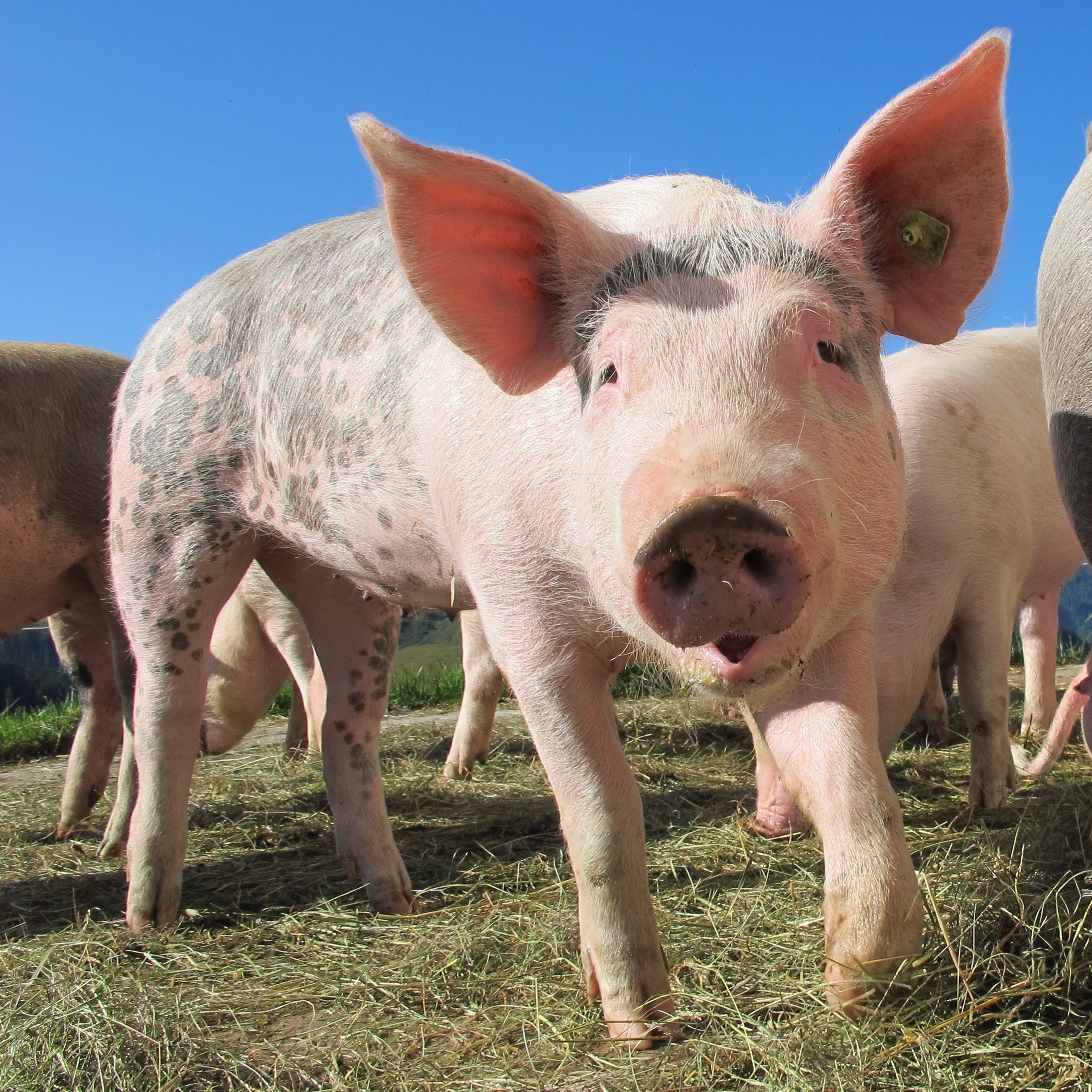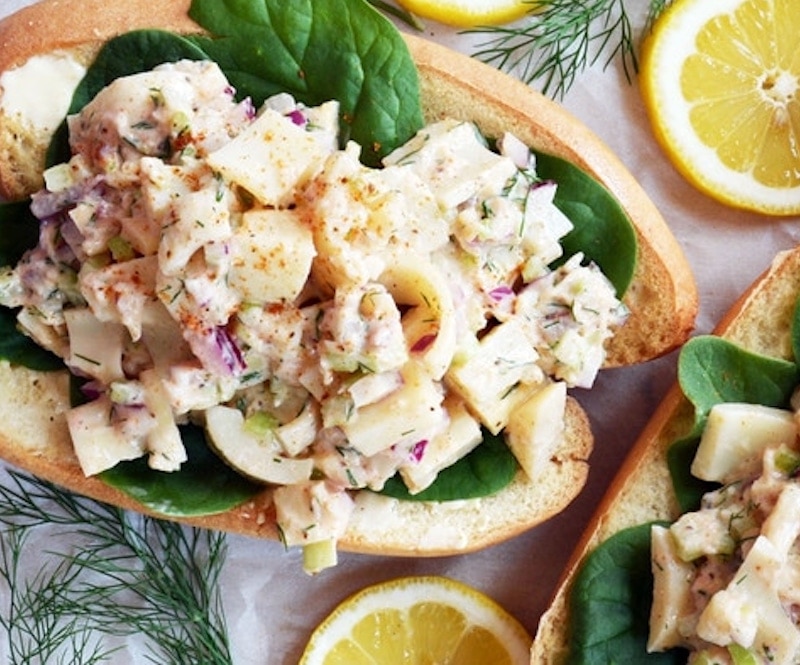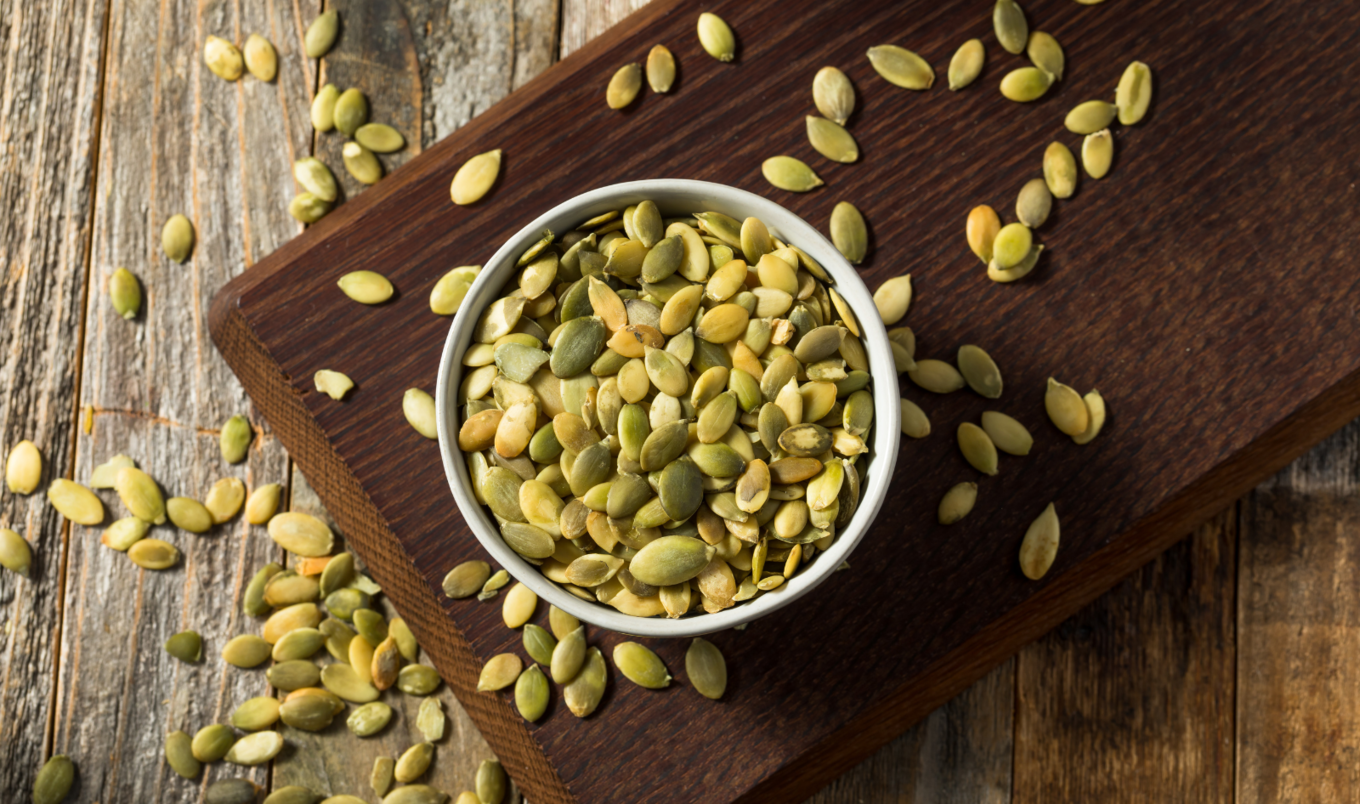Humans like labels. They help us to understand our own identity, the people around us, and our differences, but also the things that bind us together. So that’s why, when it comes to the way we eat, we have invented several ways to categorize ourselves. The term vegan, for example, was created in the 1940s. But before that, there was the term “vegetarian,” which came into widespread use around a century before.
But while the words were new, the lifestyles weren’t. People have followed plant-based diets across cultures for centuries. And it’s the same with the term “flexitarian,” which simply means to eat predominantly vegetarian food, with the occasional bit of meat every now and again. Research suggests that Anglo-Saxons were mostly vegetarian (even royalty). But there wasn’t a specific word for this lifestyle until 2008, when Dawn Jackson Blatner, an American dietician, fused together the words “flexible” and “vegetarian.”
Now, alongside veganism, flexitarianism is growing in popularity. But what exactly does it involve? And what are the benefits? Here, we take a closer look at the term, what it means, and what the impact is on our health and the environment, too.
Unsplash
Table of Contents
What is a flexitarian?
To put it simply, a flexitarian is simply someone who follows a mostly plant-based or vegetarian diet but occasionally chooses to eat meat. There are varying degrees of flexitarianism. While one person may choose to eat meat once a week, for example, another may choose to eat it once a month, or only on special occasions.
Around the world, this approach to diet is growing in popularity. In the US, research suggests that more than half of young people describe themselves as flexitarian. And many plant-based meat products have been designed to cater specifically to this group of consumers. Fans of the Beyond Burger, for example, produced by the California-based brand Beyond Meat, are mostly people who follow a flexitarian lifestyle, rather than a vegan or vegetarian one.
Are flexitarians vegan?
While many flexitarians frequently eat vegan food, they are not vegan themselves. While vegans do their best to never eat animal products (“as far as is possible and practical,” according to the Vegan Society’s definition), flexitarians do eat animal products occasionally.
That said, flexitarians have helped with the overall growth of the vegan food market. In April 2022, research from Beneo GmbH—which evaluated more than 12,000 consumers across 10 countries—suggested that around one in four consumers around the world identify as flexitarian, and, as a result, are driving demand for more plant-based products.
By 2030, the plant-based food market is predicted to rise to a value of more than $162 billion, with flexitarian-focused brands like Beyond Meat and its rival Impossible Foods, leading industry growth.
.jpg) Beyond Meat
Beyond Meat
Flexitarian diet health benefits
Just like there is no one way to follow a vegan diet, flexitarian diets can vary significantly from one person to another. While one person may call themselves flexitarian and eat predominantly fast foods, another may call themselves flexitarian and eat predominantly plant-based, whole foods.
Research suggests that cutting down on animal products, and eating a diet rich in plant-based, whole foods, like fruits, vegetables, legumes, grains, and nuts, is good for health. In fact, it is linked with a reduced risk of serious chronic conditions and diseases, like heart disease, some types of cancer, and type 2 diabetes.
On the other hand, diets high in meat are associated with an increased risk of chronic disease. Processed meat, for example, is classified by the World Health Organization as a Group 1 carcinogen, while red meat is Group 2.
Flexitarian benefits for the environment
Many people who follow a flexitarian diet do so for the benefit of the environment. Animal agriculture is a driver of major environmental issues, like deforestation, water pollution, and ocean dead zones. It also contributes around 14.5 percent of global greenhouse gas emissions, according to the United Nations.
Last year, one study from the University of Bonn in Germany suggested that, in Western countries, meat consumption needs to drop by 75 percent for the sake of the environment. This is because, in places like the US, EU, and UK, meat consumption is high.
“If all humans consumed as much meat as Europeans or North Americans, we would certainly miss the international climate targets and many ecosystems would collapse,” Matin Qaim, the professor who led the research, said in a statement. “We, therefore, need to significantly reduce our meat consumption, ideally to 20 kilograms or less annually.”
Many more studies have recommended a drop in meat consumption for the sake of the planet, and others have even urged that people ditch animal products altogether. In 2018, for example, the University of Oxford researchers revealed that eating a vegan diet was the “single biggest way” for a person to reduce their environmental impact.
“It is far bigger than cutting down on your flights or buying an electric car,” said lead author Joseph Poore at the time. “Avoiding consumption of animal products delivers far better environmental benefits than trying to purchase sustainable meat and dairy.”
 Pexels
Pexels
Should flexitarians go vegan?
For some, going flexitarian is the first step towards going vegan. And, arguably, there is no better lifestyle choice for the animals than veganism.
When consuming any animal products, like meat, dairy, or eggs, it’s difficult to avoid animal exploitation. In the US, for example, research indicates that 99 percent of farmed animals live on industrialized factory farms. And in the UK alone, studies indicate there are more than 1,000 mega-farms, the biggest of which can hold up to 1.4 million birds.
But that said, eating fewer meat and dairy products is still an improvement for farm animals. According to Counting Animals, one person participating in Meatless Mondays every week for one year could potentially spare around 3.5 animals’ lives. This means that if everyone in the US, decided to go flexitarian and just avoid meat for one day, around 1.4 billion animals would be saved.







.jpg?sha=71bc9fccd053d537)